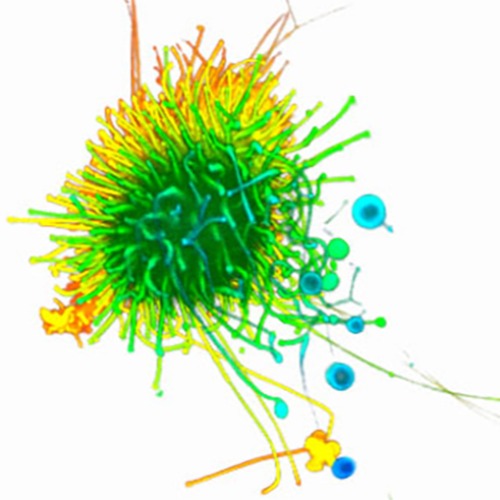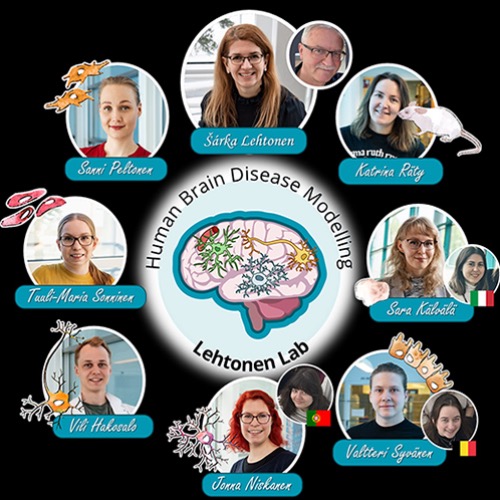
Johtajat
Group overview
Our research group is dedicated to the development of physiologically relevant human-based models for studying the cellular and molecular mechanisms underlying neurological diseases, as well as predicting drug transport into the brain. We employ patient-derived brain cells in 2D and 3D culture systems, including organoids, to more accurately mimic pathological conditions in the diseased brain.
Research goal
In our research, we are particularly interested in understanding the glial non-cell-autonomous mechanisms underlying neurodegeneration. We investigate these mechanisms using breakthrough single-cell and imaging technologies, combined with cutting-edge models, to reveal the underlying molecular and cellular mechanisms. Additionally, we employ custom-designed chips by Finnadvance for drug transport studies. This system uses microfluidics and 3D cell culture to simulate the in vivo microenvironment with blood flow. Our goal is to use these models not only to test novel drugs, but also to uncover the molecular and transport mechanisms that regulate BBB permeability in physiological and pathological conditions. Overall, our research aims to improve our understanding of neurological diseases and to develop new treatments to improve patient outcomes.
Ajankohtaista
-
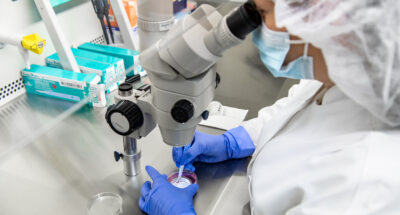 Uusi menetelmä osoitti, että nanomuovit voivat läpäistä veri-aivoesteen
Uusi menetelmä osoitti, että nanomuovit voivat läpäistä veri-aivoesteenUusi menetelmä osoitti, että nanomuovit voivat läpäistä veri-aivoesteen
Nanomuovit voivat tuoreen tutkimuksen mukaan kulkea aivoja suojaavan veri-aivoesteen läpi. Nanomuovit ovat hyvin pieniä, läpimitaltaan alle… -
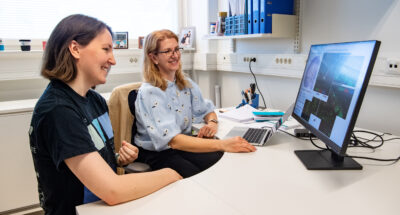 YUFE Postdoctoral Programme’s appeal lies in career mentoring and collaboration possibilities
YUFE Postdoctoral Programme’s appeal lies in career mentoring and collaboration possibilitiesYUFE Postdoctoral Programme’s appeal lies in career mentoring and collaboration possibilities
Canadian-born researcher Katrina Räty found herself in Finland again – this time as a Postdoctoral Researcher at the University of Eastern Finland. -
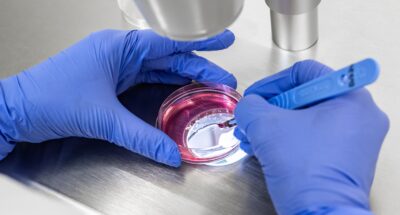 Sigrid Juséliuksen Säätiöltä tukea aivosairauksien mallintamiseen
Sigrid Juséliuksen Säätiöltä tukea aivosairauksien mallintamiseenSigrid Juséliuksen Säätiöltä tukea aivosairauksien mallintamiseen
Sigrid Juséliuksen Säätiö on myöntänyt Itä-Suomen yliopiston dosentille Šárka Lehtoselle kolmivuotisen varttuneen tutkijan apurahan. Lehtosen… -
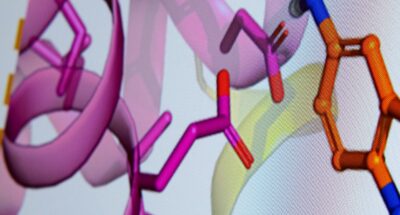 Erkon säätiöltä merkittävä rahoitus Itä-Suomen yliopiston Parkinson- ja antibioottitutkimuksiin
Erkon säätiöltä merkittävä rahoitus Itä-Suomen yliopiston Parkinson- ja antibioottitutkimuksiinErkon säätiöltä merkittävä rahoitus Itä-Suomen yliopiston Parkinson- ja antibioottitutkimuksiin
Jane ja Aatos Erkon säätiö on myöntänyt merkittävän rahoituksen kahdelle Itä-Suomen yliopiston tutkimushankkeelle. Dosentti Šárka Lehtonen…
Projektit
Yhteistyö
-
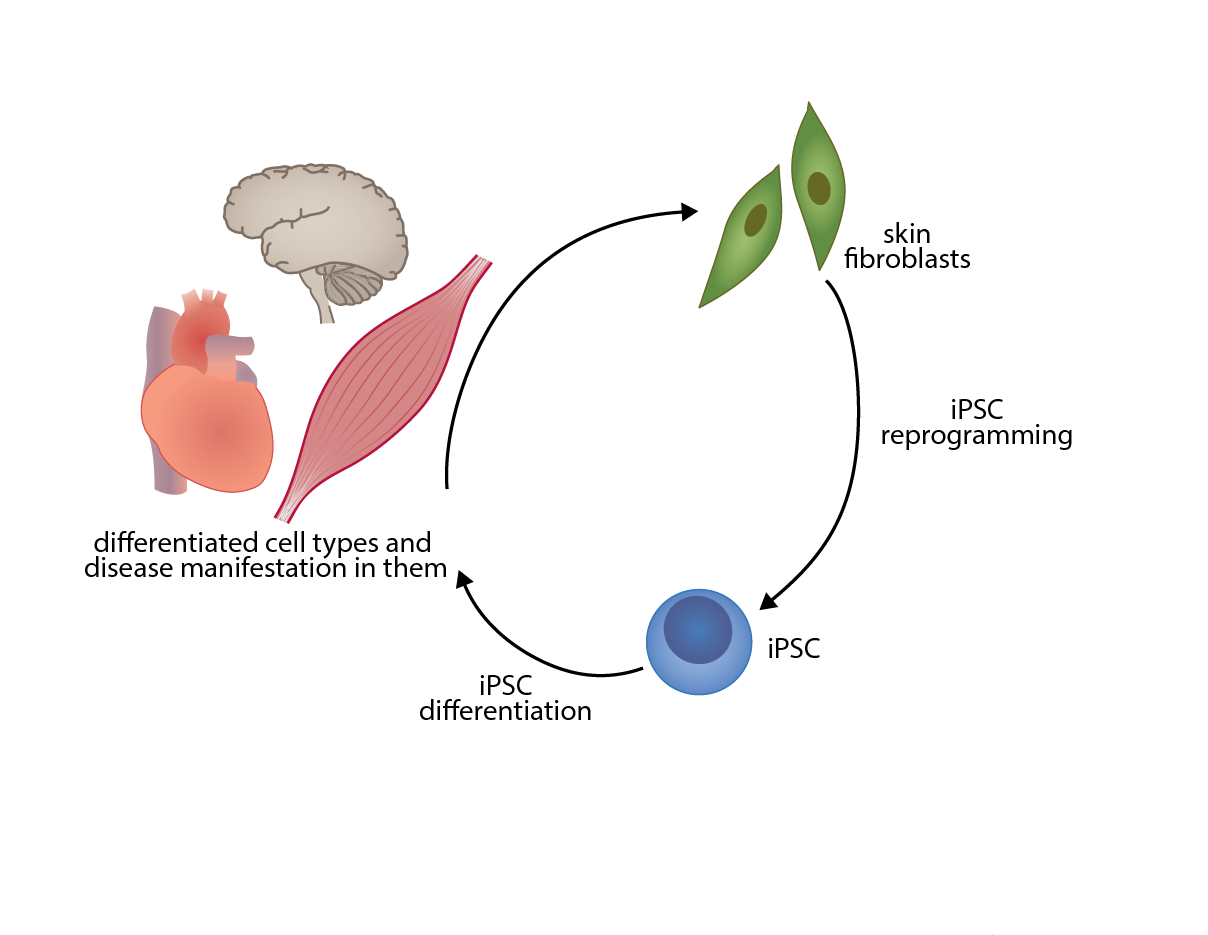 AIVI kantasolukeskus
AIVI kantasolukeskus -
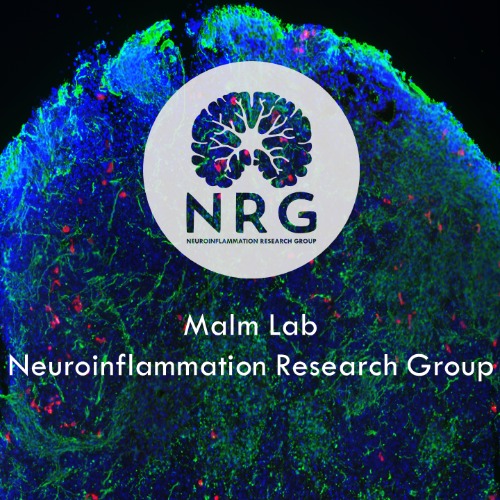 Neuroinflammation research group 01.01.2017 -
Neuroinflammation research group 01.01.2017 - -
 Skitsofrenian neurobiologia 01.01.2022 -
Skitsofrenian neurobiologia 01.01.2022 - -
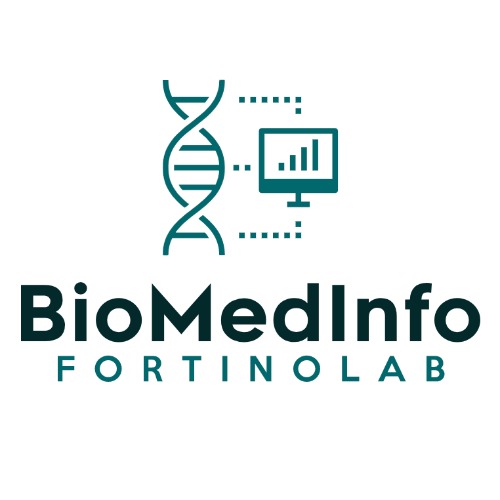 Biolääketieteellinen informatiikka 01.02.2019 -
Biolääketieteellinen informatiikka 01.02.2019 -
-
Šárka Lehtonen, Ph.D. in Pharmacology – I am a highly motivated, results-driven senior researcher and group leader who has over 20-years of experience in in vitro and in vivo pharmacology and over 10-years of experience in stem cell technology. I am very committed to exceeding goals and working with the team to develop novel human models for neurological diseases and drug development studies.
Katrina Räty (Albert), Ph.D. in Pharmacology – I have expertise in models of Parkinson’s disease, with a focus on the main pathological protein: alpha-synuclein. I completed my PhD at the University of Helsinki and then went to University of Cambridge to improve my knowledge of alpha-synuclein. Now I am back in Finland and starting my own project in the Lehtonen lab related to microglia and alpha-synuclein. My main interest is in making better preclinical models to find new treatments for disease. When I’m not thinking about alpha-synuclein you can find me trying new beers and brewing my own, or then attending concerts (just kidding – I’m thinking about alpha-synuclein those times too).
Sinem Yildirim (Guden), Ph.D. in Pharmacology – I am particularly interested in neuroinflammation and neurodegeneration. In my current position as a postdoctoral researcher in the Lehtonen lab, I have been working on the project investigating how environmental micro- and nanoplastics affect the immune response in Parkinson’s disease. I seek to enhance my expertise in developing translatable and predictive in vitro human-based cellular models to address the urgent need for effective pharmaceuticals in neurodegenerative diseases.
Tuuli-Maria Sonninen, M.Sc. in Molecular Medicine, PhD student – I am working in the blood-brain barrier on a chip project.
Jonna Niskanen, M.Sc. in Molecular Medicine, PhD student – I am intrigued by our immune system – the body’s first line of defense – and the intercellular communications within. My previous projects have all been connected to cellular communications in one way or another. In my current position, I can combine the cell signaling and immunology aspects. I study iPSC-derived microglia and astrocytes in PD to see how these highly reactive glial cells effect neuronal wellbeing.
Sara Kälvälä, M.Sc. in Biomedicine – My research is focused on iPSC-derived midbrain organoids as a model system for PD. Next-generation human-based disease models could offer a more efficient and physiologically relevant alternative to animal models, bridging the gap between in vivo and in vitro. The brain is an immensely intricate organ with a vast variety of cell types functioning in perfect harmony – capturing a snapshot of that complexity in vitro is super exciting! I completed my Master’s thesis in the Lehtonen lab and am thrilled to continue working with the group. Outside the lab, I enjoy creative activities like drawing, photography and sculpting. Also, a self-confessed podcast addict.
Vili Hakosalo, M.Sc. in Genetics and Molecular Biology – I am a project researcher in the Human brain disease modelling group. I have graduated from the University of Helsinki in 2021. My BSc is from biotechnology. I am interested in finding molecular pathways and setting up models for neurodegenerative diseases. More detailed, I am working on establishing in vitro models for PD with bona fide Lewy bodies.
Sanni Peltonen, M.Sc. in Biomedicine – I’m working on projects related to the blood-brain barrier and microglia. I’ve graduated at the beginning of 2022 from the University of Eastern Finland but have been working in the group since 2021 and before that made my master’s thesis in the group. Currently, I am concentrating on blood-brain barrier modelling and glial cells. For me, it is important to develop more accurate human in vitro models for disease studies and drug development and thus offer better alternatives for in vivo models.
Valtteri Syvänen, M.Sc. in Pharmacy – I am currently working as a project researcher in the Human brain disease modelling group. When I finished my Master’s thesis in the Lehtonen lab it was clear to me that I want keep exploring the vast field of disease modelling. Neurodegenerative diseases have been a major interest of mine during my studies so it is exciting to continue as part of this group. I have experience in 3D and 2D culturing and at the moment my focus is on developing an in vitro gut-brain-axis model to study gut changes in Parkinson’s disease.
-
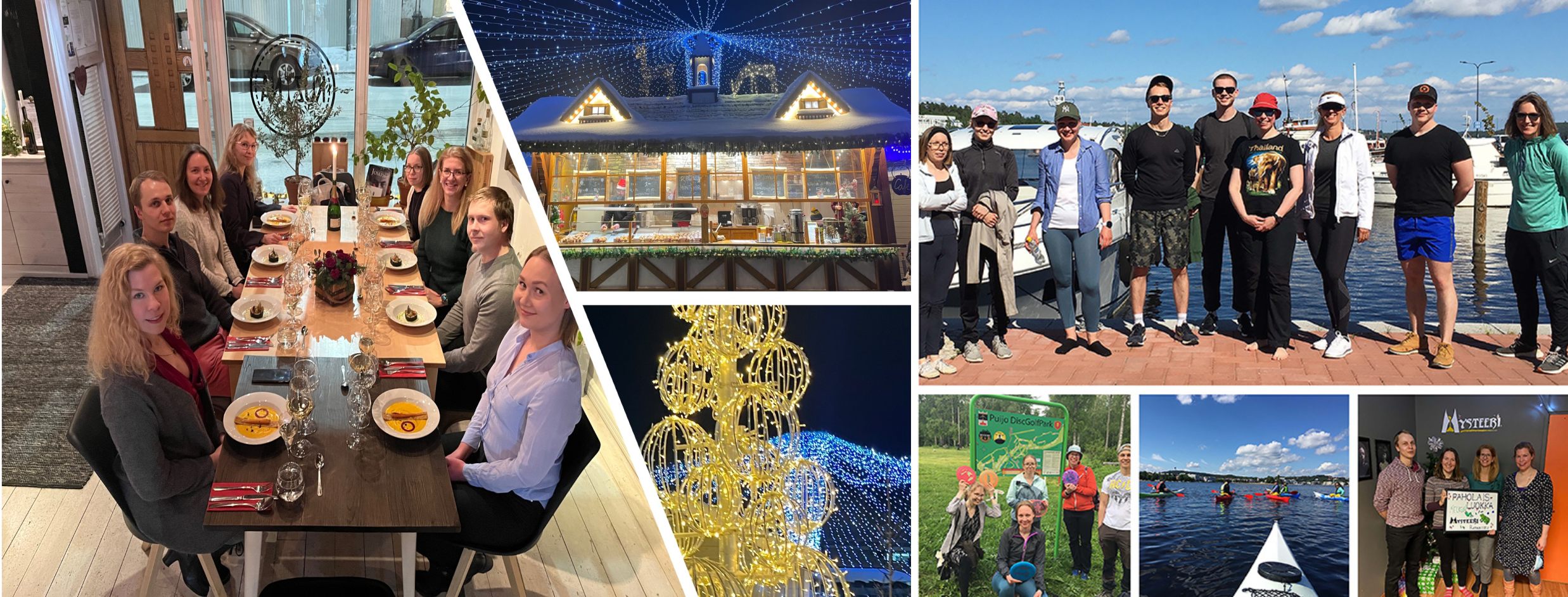 2022
2022- Lab ”pikkujoulu” dinner at Kuzina
- Valtteri Syvänen continues to work in our group as a project researcher from July
- Katrina Räty received a grant from the YUFE Postdoctoral Programme
- Eugenio Gallucio from Italy joined our group as an intern
- Katrina Räty received the postdoctoral funding from the Finnish Cultural Foundation
- Patryk Krupa from Poland joined our group as a research trainee to work with midbrain organoids
- PhD student Tuuli-Maria Sonninen and PI Sarka Lehtonen received research grants from Päiviki and Sakari Sohlberg Foundation to model BBB with human iPSC-derived cells and to reveal metabolic profile of human microglia obtained from PD patients
2021
- Lab “pikkujoulu” in escape rooms and dinner at Blocco
- PhD student Jonna Niskanen received a three and half years salaried position from DPMM starting from January 2022
- Katrina Räty (Albert) joined our group after her postdoc in Spillantini group at the University of Cambridge
- Valtteri Syvänen started his Master`s thesis project in our group
- Sanni Peltonen and Sara Kälvälä joined our group as research assistants
- Group retreat in Puijo Disc Golf Park in June
- Vili Hakosalo joined our group as a project researcher in May
- Jonna Niskanen started as an early-stage researcher in January
2020
- Sarka Lehtonen received a three years Senior research fellowship from Sigrid Juselius Foundation in December
- PhD student Tuuli-Maria Sonninen was granted a three years position from the Doctoral Programme of Molecular Medicine in September
- Sarka Lehtonen obtained a three years research grant from Janne and Aatos Erkko Foundation in September
- Sarka Lehtonen got a funding for young group leaders from Sigrid Juselius Foundation in March
-
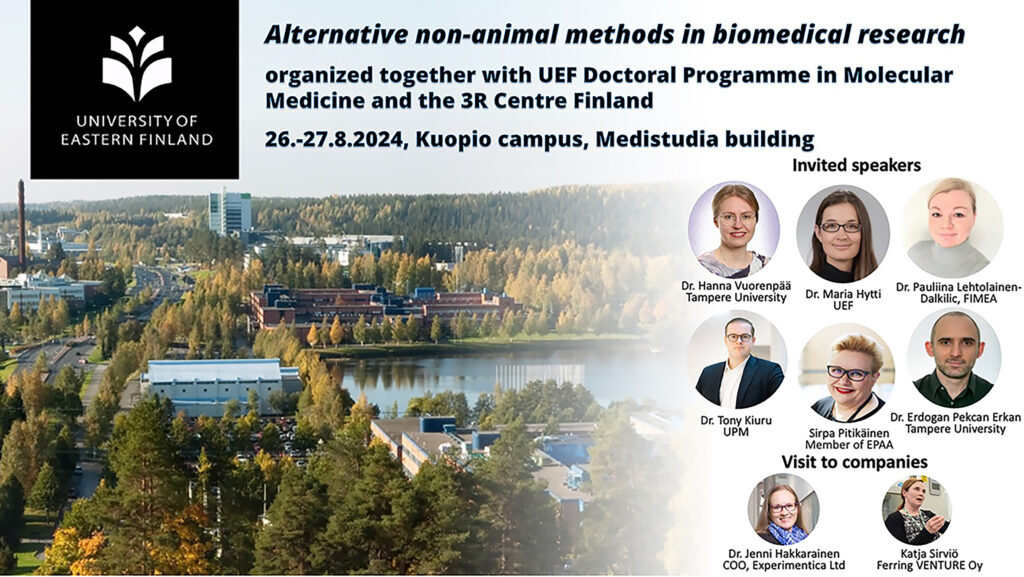
Course description: Animal models are important in biomedical research, yet they do not fully recapitulate human development or diseases and can be expensive. Non-animal methods, often known as “in vitro” or “in silico”, aim to reduce and partly replace the use of animals in scientific experiments. Their use also promotes the 3R principles in research and has become increasingly important since the FDA no longer requires animal experiments prior to human drug trials and the European Union has issued a directive to end all laboratory experiments within the EU (Directive 2010/63/EU). The aim of the course is to give students a comprehensive overview of the different non-animal methods used in biomedical research, industry, and toxicology testing. The course will also showcase the latest technologies, including organ-on-chip, and findings from using alternative methods. Speakers from academia, industry, and regulatory bodies will discuss their work using alternative non-animal methods. The students will have the opportunity to present their scientific work and to meet the speaker for informal interactions. There will also be opportunities to visit local biomedical research companies to learn about their work on alternative methods in practice.
Credit points: 1-2 (1 ECTS for attendance at lectures; 2 ECTS for attendance at lectures, and a written report, a short summary of 1-2 lectures written after the course or a poster or presentation).
Course director: Šárka Lehtonen (UEF/AIVI), board member of Finnish 3R for replacement
Course co-organizers: Johanna Englund (UH), Jenni Hakkarainen (Experimentica), Virve Sihvola (ECHA)
Venue: Kuopio campus, Medistudia building, room MS301, Yliopistonrinne 3, Kuopio
26.-27.8. 2024 (Medistudia, UEF, Kuopio)
Registration: https://link.webropolsurveys.com/Participation/Public/921c26ec-eacb-4ab1-8de9-f8bab28382f9?displayId=Fin3129106 by August 8th, 2024
DAY 1.
12.30 – 13.00 Registration
13.00 – 13.15 Welcome, practical matters and introduction of participants
SESSION 1. Basic science session
13.15 – 14.00 Plenary lecture TBI
14.00 – 14.40 Coffee, exhibition and a poster session
14.40 – 15.10 Hanna Vuorenpää (Tampere University): In vitro models in replacing animal models -new era of Organ-on-Chip technology
15.10 – 15.40 Erdogan Pekcan Erkan (Tampere University): Imperfect, yet useful: modeling abdominal cancers with patient-derived tumor organoids
15.40 – 16.10 Maria Hytti (UEF) TBI
16.10 – 17.00 Meet the speakers
DAY 2.
SESSION 2. Regulatory bodies + Companies
09.00 – 09.45 Plenary lecture Sirpa Pietikäinen (Member of EPPA)
09.45 – 10.15 Elina Brusila (ECHA): Regulatory Application – Alternative methods to industrial chemicals
10.15 – 10.45 Coffee, exhibition and a poster session
10.45 – 11.15 Pauliina Lehtolainen-Dalkilic (FIMEA): Regulatory perspective update: how EMA and National Agencies are advancing 3Rs
11.15 – 11.45 Tony Kiuru (UPM): GrowDex – Animal-free option for automated 3D cell culture assays
11.45 – 11.55 Students presentations
11.55 – 12.05 Students presentations
12.05 – 12.15 Students presentations
12.15 – 13.00 Lunch and exhibition
SESSION 3. Companies
13.00 – 13.45. Plenary lecture Melina Malinen (ORION): ”Advancing Drug Discovery: Harnessing Human-Based Alternatives”,
13.45 – 13.55 Wrapping up the course
13.55 – 14.15 Coffee and exhibition
14.45 – 16:00 Visit to company 1 –Experimentica Ltd 2×30 min, 12+12 students
14.45 – 16:00 Visit to company 2 –Ferring VENTURE Oy 2×30, 12+12 students
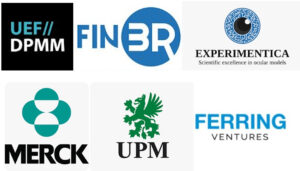
Avainsanat
Johtajat
Vanhemmat tutkijat
Tutkijatohtorit
-

Katrina Räty
TutkijatohtoriA.I. Virtanen -instituutti, Terveystieteiden tiedekunta -

Sinem Güden Yildirim
TutkijatohtoriA.I. Virtanen -instituutti, Terveystieteiden tiedekunta
Väitöskirjatutkijat
-

Jonna Niskanen
VäitöskirjatutkijaA.I. Virtanen -instituutti, Terveystieteiden tiedekunta -
Tuuli-Maria Sonninen
ApurahatutkijaA.I. Virtanen -instituutti, Terveystieteiden tiedekunta -

Sara Kälvälä
VäitöskirjatutkijaA.I. Virtanen -instituutti, Terveystieteiden tiedekunta -
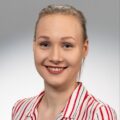
Sanni Peltonen
VäitöskirjatutkijaA.I. Virtanen -instituutti, Terveystieteiden tiedekunta -

Valtteri Syvänen
VäitöskirjatutkijaA.I. Virtanen -instituutti, Terveystieteiden tiedekunta
Tukihenkilöstö
Julkaisut
68 kappaletta-
Astrocytes Regulate Neuronal Network Burst Frequency Through NMDA Receptors in a Species- and Donor-Specific Manner
Räsänen, Noora; Tiihonen, Jari; Koskuvi, Marja; Lehtonen, Šárka; Jalkanen, Nelli; Karmila, Nelli; Weert, Isabelle; Vaurio, Olli; Ojansuu, Ilkka; Lähteenvuo, Markku; Pietiläinen, Olli; Koistinaho, Jari. 2024. Biological psychiatry global open science. 4: . 100313 A1 Alkuperäisartikkeli tieteellisessä aikakauslehdessä -
Biotransformation of nanoplastics in human plasma and their permeation through a model in vitro blood-brain barrier: An in-depth quantitative analysis
Abdolahpur Monikh, Fazel; Lehtonen, Šárka; Kekäläinen, Jukka; Karkossa, Isabel; Auriola, Seppo; Schubert, Kristin; Zanut, Alessandra; Peltonen, Sanni; Niskanen, Jonna; Bandekar, Mandar; von Bergen, Martin; Leskinen, Jari TT; Koistinen, Arto; Bogialli, Sara; Guo, Zhiling; Kukkonen, Jussi VK; Chen, Chunying; Lynch, Iseult. 2024. Nano today. 59: . 102466 A1 Alkuperäisartikkeli tieteellisessä aikakauslehdessä -
Genetic contribution to microglial activation in schizophrenia
Koskuvi, Marja; Pörsti, Elina; Hewitt, Tristen; Räsänen, Noora; Wu, Ying-Chieh; Trontti, Kalevi; McQuade, Amanda; Kalyanaraman, Shringaa; Ojansuu, Ilkka; Vaurio, Olli; Cannon, Tyrone D; Lönnqvist, Jouko; Therman, Sebastian; Suvisaari, Jaana; Kaprio, Jaakko; Blurton-Jones, Mathew; Hovatta, Iiris; Lähteenvuo, Markku; Rolova, Taisia; Lehtonen, Šárka; Tiihonen, Jari; Koistinaho, Jari. 2024. Molecular psychiatry. 29: 2622-2633 A1 Alkuperäisartikkeli tieteellisessä aikakauslehdessä -
Highly scalable and standardized organ-on-chip platform with TEER for biological barrier modeling
Nguyen, Hoang-Tuan; Rissanen, Siiri-Liisa; Peltokangas, Mimosa; Laakkonen, Tino; Kettunen, Jere; Barthod, Lara; Sivakumar, Ragul; Palojärvi, Anniina; Junttila, Pauliina; Talvitie, Jussi; Bassis, Michele; Nickels, Sarah L; Kalvala, Sara; Ilina, Polina; Tammela, Päivi; Lehtonen, Sarka; Schwamborn, Jens C; Mosser, Sebastien; Singh, Prateek. 2024. Tissue barriers. 12: . 2315702 A1 Alkuperäisartikkeli tieteellisessä aikakauslehdessä -
Human iPSC-derived pericyte-like cells carrying APP Swedish mutation overproduce beta-amyloid and induce cerebral amyloid angiopathy-like changes
Wu, Ying-Chieh; Lehtonen, Šárka; Trontti, Kalevi; Kauppinen, Riitta; Kettunen, Pinja; Leinonen, Ville; Laakso, Markku; Kuusisto, Johanna; Hiltunen, Mikko; Hovatta, Iiris; Freude, Kristine; Dhungana, Hiramani; Koistinaho, Jari; Rolova, Taisia. 2024. Fluids and barriers of the cns. 21: . 78 A1 Alkuperäisartikkeli tieteellisessä aikakauslehdessä -
Identification of the abnormalities in astrocytic functions as potential drug targets for neurodegenerative disease
Syvänen, Valtteri; Koistinaho, Jari; Lehtonen, Sarka. 2024. Expert opinion on drug discovery. 19: 603-616 A2 Katsausartikkeli tieteellisessä aikakauslehdessä -
Integrative metabolomics-genomics analysis identifies key networks in a stem cell-based model of schizophrenia
Spathopoulou, Angeliki; Sauerwein, Gabriella A; Marteau, Valentin; Podlesnic, Martina; Lindlbauer, Theresa; Kipura, Tobias; Hotze, Madlen; Gabassi, Elisa; Kruszewski, Katharina; Koskuvi, Marja; Rethelyi, Janos M; Apati, Agota; Conti, Luciano; Ku, Manching; Koal, Therese; Mueller, Udo; Talmazan, Radu A; Ojansuu, Ilkka; Vaurio, Olli; Lahteenvuo, Markku; Lehtonen, Sarka; Mertens, Jerome; Kwiatkowski, Marcel; Gunther, Katharina; Tiihonen, Jari; Koistinaho, Jari; Trajanoski, Zlatko; Edenhofer, Frank. 2024. Molecular psychiatry. 29: 3128-3140 A1 Alkuperäisartikkeli tieteellisessä aikakauslehdessä -
Particulate matter from car exhaust alters function of human iPSC-derived microglia
Jäntti, Henna; Jonk, Steffi; Gómez Budia, Mireia; Ohtonen, Sohvi; Fagerlund, Ilkka; Fazaludeen, Mohammad Feroze; Aakko-Saksa, Päivi; Pebay, Alice; Lehtonen, Šárka; Koistinaho, Jari; Kanninen, Katja M; Jalava, Pasi I; Malm, Tarja; Korhonen, Paula. 2024. Particle and fibre toxicology. 21: . 6 A1 Alkuperäisartikkeli tieteellisessä aikakauslehdessä -
Presenilin-1 ΔE9 mutation associated sarcoplasmic reticulum leak alters [Ca2+]i distribution in human iPSC-derived cardiomyocytes
Naumenko, Nikolay; Koivumäki, Jussi T; Lunko, Olesia; Tuomainen, Tomi; Leigh, Robert; Rabiee, Mina; Laurila, Jalmari; Oksanen, Minna; Lehtonen, Sarka; Koistinaho, Jari; Tavi, Pasi. 2024. Journal of molecular and cellular cardiology. 193: 78-87 A1 Alkuperäisartikkeli tieteellisessä aikakauslehdessä -
Uptake of alpha‐synuclein preformed fibrils is suppressed by inflammation and induces an aberrant phenotype in human microglia
Niskanen, Jonna; Peltonen, Sanni; Ohtonen, Sohvi; Fazaludeen, Mohammad Feroze; Luk, Kelvin C; Giudice, Luca; Koistinaho, Jari; Malm, Tarja; Goldsteins, Gundars; Albert, Katrina; Lehtonen, Šárka. 2024. Glia. 2025; 73: 159-174 A1 Alkuperäisartikkeli tieteellisessä aikakauslehdessä


